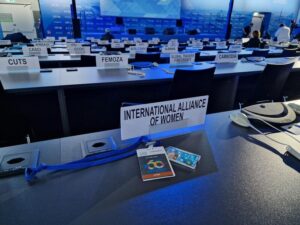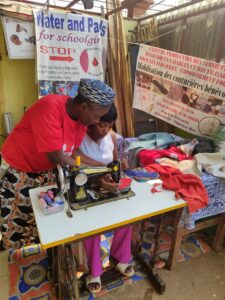PAKISTAN REAL TIME
Do We Not Bleed? Reflections of a 21st Century Pakistani
Mehr Tarar
Aleph
Rs 599
Most people are aware of the scenario in present day Pakistan – a world of fanaticism and patriarchy where women are at risk. In Do We Not Bleed Mehr Tarar puts together real case histories of people, some of whom are well known and feature in the international media and some who are not so well known. The book is divided into sections and each is fitted to the story that Tarar chooses. The themes are those that we are familiar with from the papers – honour killing, blasphemy, misogyny and others – five of them divided between 19 chapters opening with the hanging of Mumtaz Qadri, the man who gunned down Salman Taseer and was showered with rose petals. There is also the story of Qandeel Baloch who created a sensation with her posts and was strangled by her brother for dishonouring the family – an opinion not shared by their parents. Or there is the story of Ambreen, a girl who was set on fire simply because she refused to bow down meekly to society’s dictates.
Tarar writes in a short snappy style which keeps her stories fast paced and attention grabbing. Perhaps she is at her best when she is most personal, in the section entitled Family and Friends where she writes about her mother and her son Musa. Without a husband, she writes, she is not allowed to be the guardian of her son or have a passport made for him. However, Tarar is a divorcee and speaks openly about drinking alcohol in her book. She is therefore more fortunate that some of the women she writes about, the victims who were sacrificed at the expense of the men who destroyed them.
She also writes about the relationship between India and Pakistan which she writes, wittily, consists of Amitabh Bachchan, politics and Delhi, though among other things she does list cricket and Bollywood. A dialogue between the two sibling nations Tarar writes, is vital, though in the face of the recent Pulwama episode, unlikely – despite the fact that ordinary people on both sides of the border are against war and Imran Khan has cricketing links with India.
The book is undoubtedly grim, making the reader wonder how women manage to survive in Pakistan. Men manage to escape in the face of extreme crime with the authorities making statements to the effect of, the family has suffered enough, let’s not make them suffer more by killing this son/nephew/father. They also get away with affairs while hiding their spouses under hijabs and women who try to protest have a hard life if they are not killed – after all they are regarded as ‘pieces of furniture’.
Despite her subject Tarar manages to keep a balance avoiding unnecessary bad mouthing – for example she says that the attitude towards terrorism has changed in her country – and she does include her interviews with extraordinary Pakistanis like Haider Gillani. For Indians and especially women, the book could be a warning of where patriarchy and fanaticism could take the country if allowed to continue unchecked.


